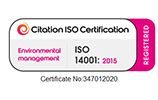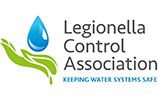TMV Servicing
SPES is a leading water hygiene services provider in the water treatment industry. We offer a comprehensive range of services including a full suite of thermostatic mixing valve services. In this expert guide, we take a look at TMV servicing, installation and maintenance. We carry out TMV servicing & installation in many facilities, including education, social and health care facilities. Below we provide you with expert information that will help you to understand more about TMV servicing and how it helps with legionella compliance.
What is a TMV? What is a Thermostatic Mixing Valve?
A (TMV) thermostatic mixing valve is a specialist valve that ensures the safe mixture of hot and cold water. This helps to create ideal water temperatures for bathing and washing. Thermostatic Mixing Valves are commonly used in social and health care facilities such as care homes, schools and hospitals. They reduce the risk of people scalding themselves by controlling the temperature of hot water.
Our expert team has the capabilities to carry out a range of water hygiene services including TMV servicing. We can also carry out TMV replacement, TMV installation, temperature monitoring and failsafe testing to ensure compliance with Legionella/ water hygiene best practice.
How does a TMV work?
When a thermostatic mixing valve is fitted, it mixes hot and cold water to create a mixed stream of water at a pre-set temperature that is usually between 39°C and 43°C. This is the recommended temperature range for hot water outlets where a TMV is installed.
TMV's also include a failsafe mechanism that will automatically shut down the valve if either the cold water or hot water supplies fail. This means that people are protected from extremely hot water temperatures as well as a dangerously cold-water supply.
Why are TMVs important?
In the UK, if you are an employer, or you control premises that contain water systems, you are responsible for managing and maintaining that water system, ensuring it complies to water safety standards.
Nearly 600 people suffer from serious scalding injuries every year in the UK and 75% of these are children under five. The elderly, people with a reduced capacity or mobility are also a greater risk of injury. Accurate installation, as well as TMV servicing, protect these vulnerable people.
Essential TMV installation basics: Things you need to know about TMVs?
- Your facility will require a specific valve.
- A TMV is required for care homes and NHS facilities.
- You should monitor water temperature to ensure it is within 2°C of the set temperature.
What temperature should a TMV output water?
What temperature should a TMV be set to? 40°C is the temperature at which Legionella growth thrives, therefore hot water should not be stored at this temperature. The hot water feed should be at between 50 - 60°C. The cold water feed should be below 20°C. The water should be then output at a temperature between 39 - 43°C. A change in water temperature of 2°C or more can indicate a problem with your TMV.
Does my facility need a specific Thermostatic Mixing Valve?
The Care Standards Act 2000 states that all hospitals, healthcare, social care, and similar properties should be fitted with TMVs that meet the NHS Model Engineering Specification D08 and NHS Estates, TMV manufacturers TMV3 performance standards of thermostatic protection. We will always ensure you are fitted with an appropriate valve. Our engineers will ensure it is installed to the highest industry standard.
TMV servicing, installation and maintenance: How often should a TMV be serviced?
You should carry out TMV servicing annually. It should be serviced more often than this if you suspect a problem. An indication of TMV issues is often a change in water temperature. Both water systems and TMV's should be regularly tested in order to maintain a safe working order. After an assessment of your water system and TMV has taken place, it's likely that some remedial actions may be necessary to bring your water system up to compliance. This can include any Legionella remedial works or new TMV installation.
If your TMV is not serviced regulalry and a problem arises; you pose a great risk to services users. Some of the main risks include scalding and Legionella contamination.
What is TMV servicing & what should I expect?
During TMV servicing, results will be compared to those recorded during the original commissioning stage. If there is no significant change, the TMV will be recorded as working. If the water temperature has increased by more than 2°C or the failsafe does not work, a full TMV installation or TMV replacement will be required. TMV servicing includes a visual inspection of the valve and a thorough TMV cleaning, descaling, and disinfection process.
Our wide range of Legionella remedial water hygiene services includes the replacement of TMVs, the cleaning of water systems and various maintenance works. At Titan Mechanical, all our remedial work is carried out by highly trained experts who meet industry standards.
If you own or control premises where water is used by the public, managing the risks associated with scalding from hot water is an essential process. Regular testing and TMV servicing will help to ensure scalding risks in healthcare premises and social care properties are managed effectively.

Remain compliant and protect against Legionnaires' disease
Obtain your chlorination certificate for a new development handover
Keep you water systems free from water borne pathogens and sediment
Complete turn key solutions to keep you water systems compliant
Closed system flushing, chemical dosing and testing to optimise system efficiency
In house legionella awareness, engineer practical and water testing training services with certification
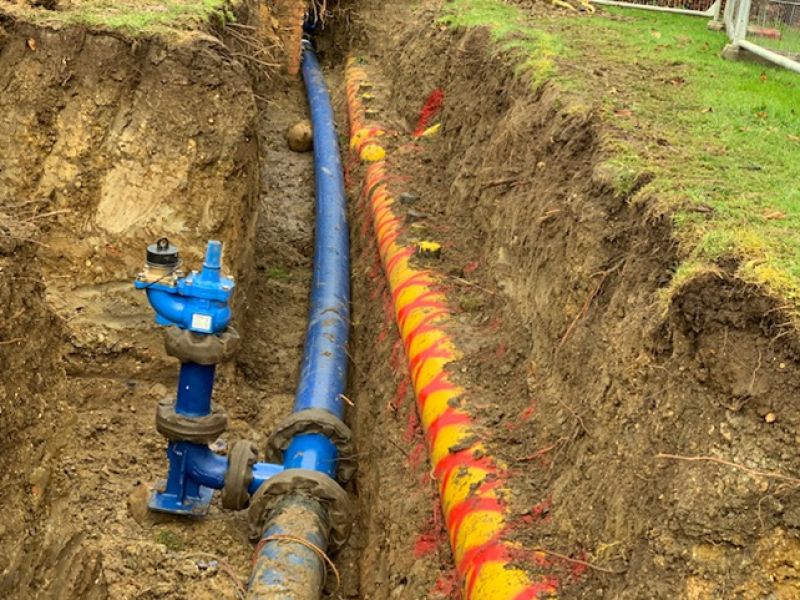
Chlorinating Mains Water
SPES can carry out Chlorination work to the highest standards within the industry and issue you with the necessary disinfection certifcate. the certificate will give the following Chlorination information.
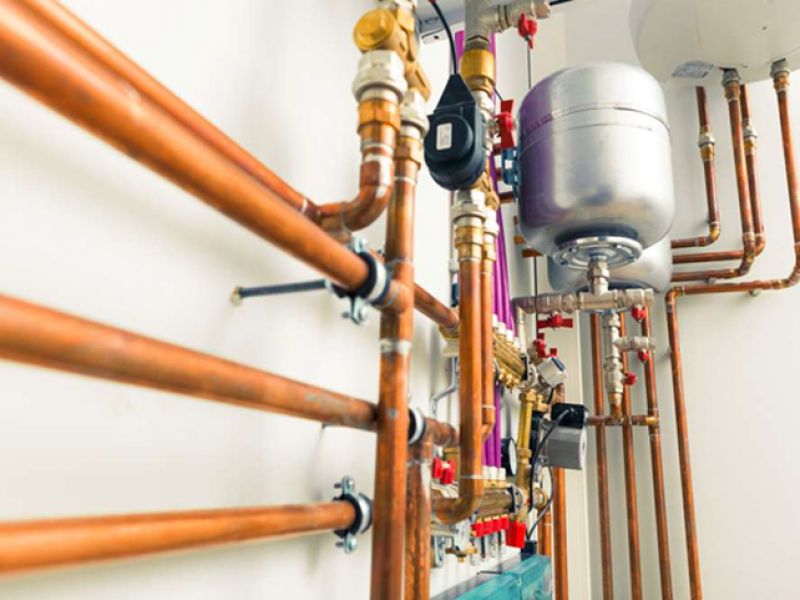
Chlorinating Down Services
SPES have expertise to carry out disinfections, risk assessments and also advise on best operating practice to clients in order to enable them to maintain high standards of water quality and hygiene.
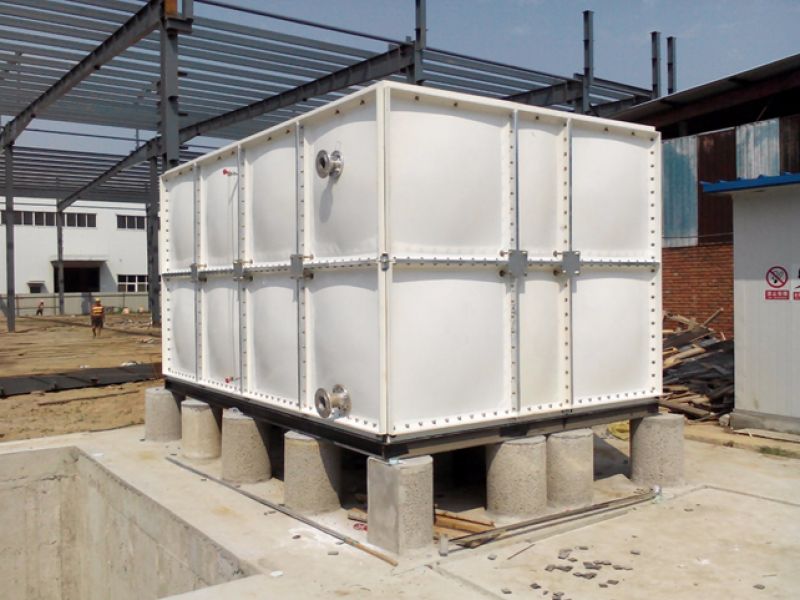
Water Tank Chlorination
SPES are professionals at water tank chlorination and water tank cleaning, thus leaving you with a clean bacteria free system.


